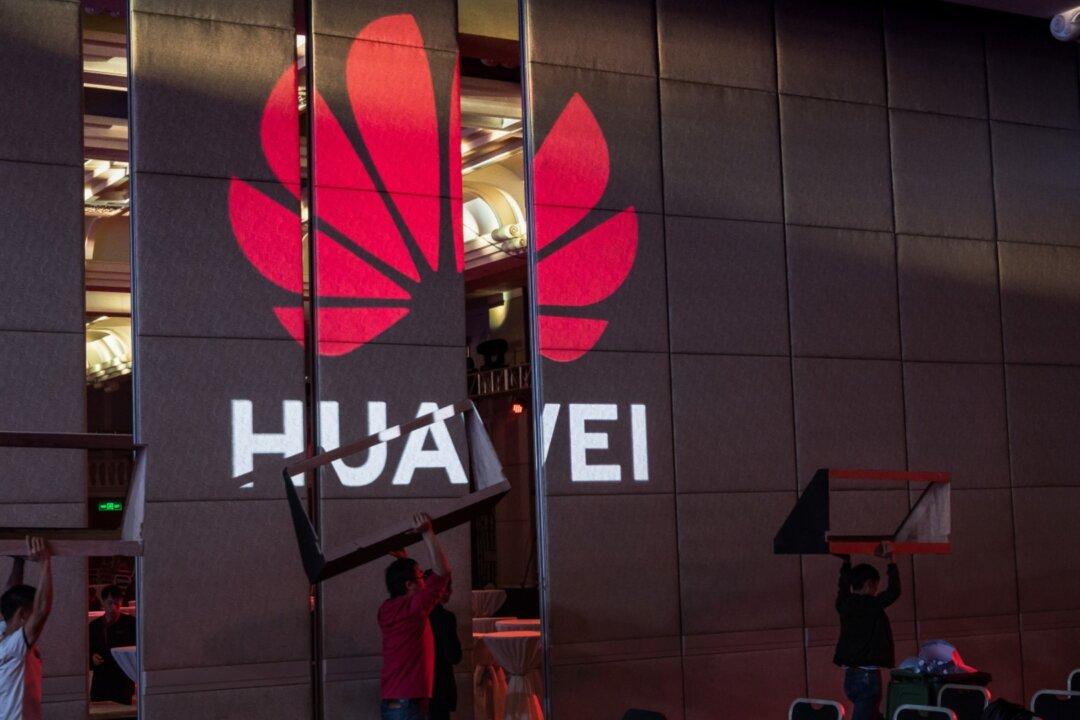A senior official at Chinese telecom giant Huawei recently admitted to having links to a top Chinese espionage agency during a U.K. parliamentary hearing.
John Suffolk, vice president of Huawei and the company’s global cyber security officer, told U.K. lawmakers on June 10 that Huawei’s former CEO, Sun Yafang, worked for China’s Ministry of State Security.





